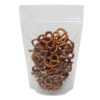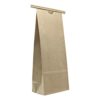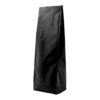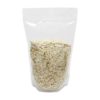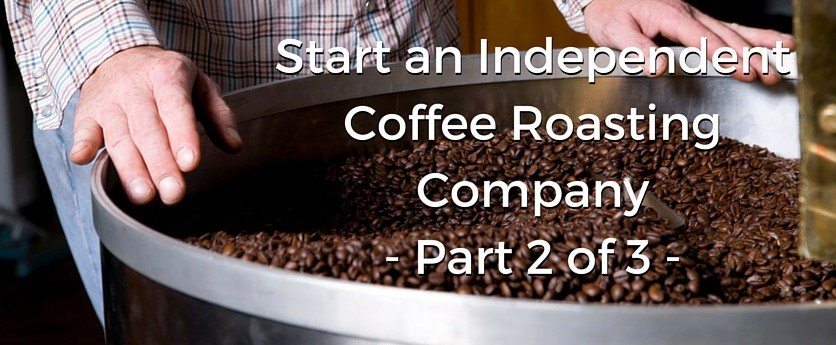Blog
Start an Independent Coffee Roasting Company – Part 2 of 3
So, you’ve decided on being an independent coffee roaster. Awesome! You’re on your way to joining the likes of Herbert B. Hyman, founder of Coffee Bean & Tea Leaf, Jerry Baldwin, co-founder of Starbucks and Alfred Peet, founder of Peet’s Coffee & Tea. There’s no secret to success as an independent, but figuring out how you can be unique will set you apart from all the other independent roasters in the area. It could be your name, slogan, type of beans or process, or other aspects of your business. Capitalize on that and you will stand out over your competition.
In Part 1 of our series, we talked about outfitting your space and setting up your business. All of that is necessary, but beyond that, what is it that makes an independent coffee roaster successful? In this, our part 2 of our 3 part series, we’ll examine the nuts and bolts of starting up a coffee roasting company and how you can set yourself up for success.
Choose Your Roaster and Roast
You may start out with a used roaster and that’s okay. Just make sure to get a quality commercial roaster that will handle the volume you need and give you a consistent roast. Getting your roast just right is a process of trial and error, and you’ll need to taste, smell and examine a lot of coffee while you’re perfecting it. Study up on different roasting techniques and learn from the masters. If you purchase a new roaster, you should be able to get some training from the manufacturer, an owner’s manual and advice from the sales rep or even classes at their facility.
Here are some well known companies that manufacture coffee roasting machines.
Probat Burns – https://www.probatburns.com
Loring – https://loring.com
Diedrich – https://www.diedrichroasters.com
Remember to test, test and then test again! Train your employees to your exact methods to ensure quality and consistency in your product. This is critical to success.
Find a Coffee Supplier
Once you decide on the type of coffee beans you plan to roast, you need to find a distributor. Small roasters can do direct trade with coffee importers, but in the beginning you may want to rely on established supply chains to get the beans you want at affordable prices. Most distributors will have a minimum order. As you grow with demand, you can approach importers or farming co-ops to make direct trade deals for your beans.
Packaging
Proper packaging is an element of marketing and is crucial to your success as an independent coffee roaster. You want a memorable brand and label, but you also want to have a quality package that will keep your beans fresh until your customer is ready to grind them. Naturally, PBFY is your best choice when it comes to packaging your coffee beans. PBFY sells high quality coffee bags that can include zipper closures, degassing valves and tin ties.
Customers
Prepare to start out small, but steadily grow as the word gets out. An independent coffee roasting company can thrive and grow on as few as 20 customers, so that’s a great target number. Roast Magazine’s Roaster of the Year for 2012 Bird Rock Coffee Roasters in San Diego, CA (https://www.birdrockcoffee.com) started out their wholesale business with home delivery! If you have a great tasting roast, expand your reach with the Internet, restaurants, local coffee shops office buildings and businesses. Never forget that your customers are relying on you for a quality and consistent product, so maintaining high standards, well-trained employees and credibility with your business associates is key.
Marketing
One of the best ways to market your independent coffee roasting company is through cupping events and tours of the roasting works. If you don’t have a retail space, you can usually find a local cafe’ that is willing to host an event. Invite other local roasters, keep it small and intimate, and invite the public to taste your coffee. Tours of your roasting facility take time out of your work day, but if you schedule tours for off hours or one day a week, you can invite the public to see how a roaster works and allow them to taste the final product at the end of the tour. This is a great way to introduce a new roasting business to local patrons and is especially useful if you are planning to expand from wholesale into retail sales and open your own coffee shop.
The ultimate goal is to develop a roast that can be used as your signature product. Those who taste it will know it’s your brand. Build your brand with quality, consistency, and smart marketing. This will allow you to grow and expand from wholesale to retail, then who knows? You might just be the next big thing in independent coffee roasters!

